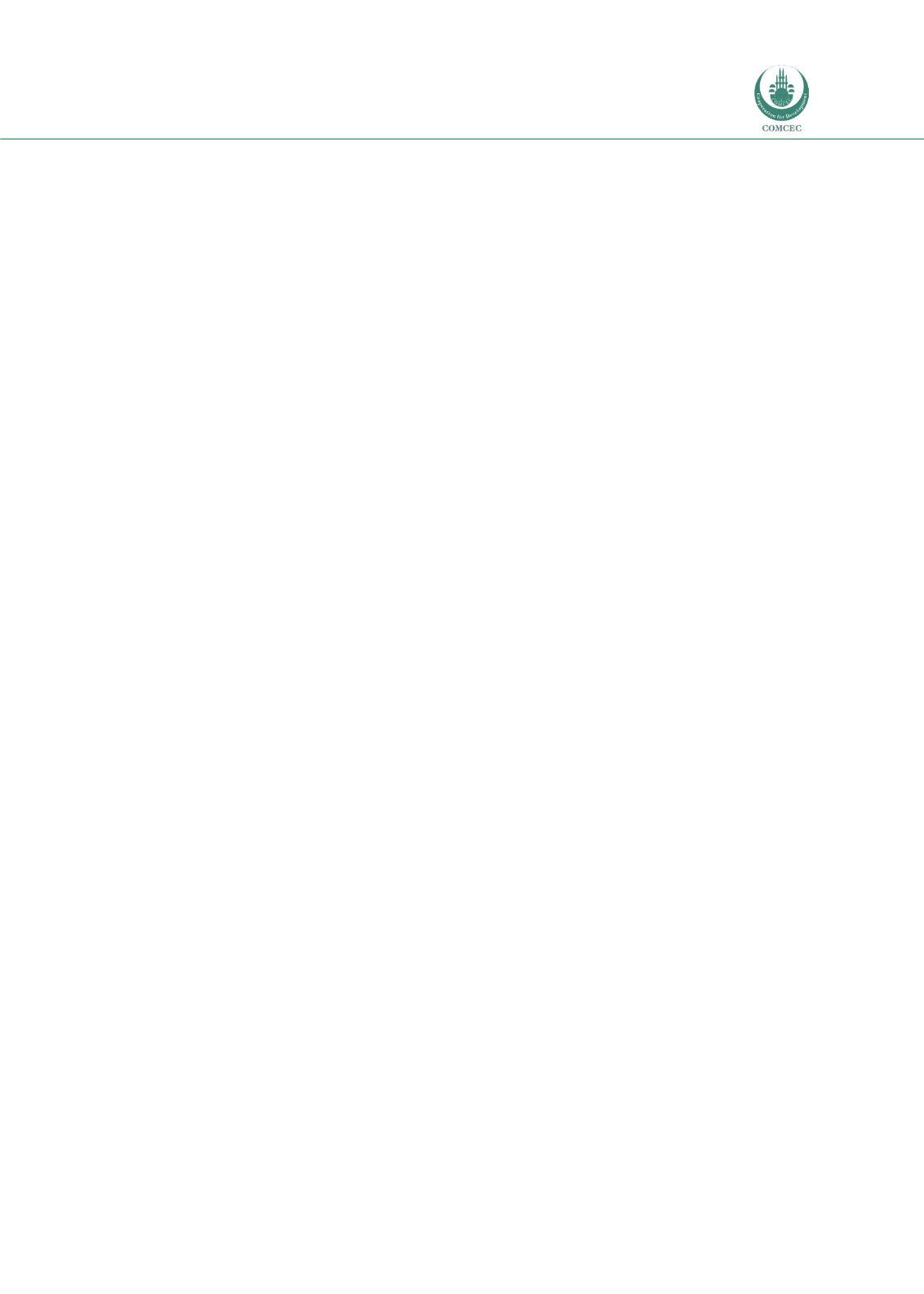

Muslim Friendly Tourism (MFT):
Understanding the Supply and Demand Sides
In the OIC Member Countries
109
Develop local precincts/enclaves which have an Islamic/Muslim influence as a “tourism
products”. Example; Singapore has developed Kampong Glam which highlights the Muslim
Malay community and its heritage and history to the country.
4.5 Capturing opportunities in the niche sub-segment within MFT
There is a lack for supply for the sub-segment of Muslim visitor who are looking for facilities
and services which do not have non-halal activities as well as recreational facilities and
services which provide privacy. Thailand, a non-Muslim majority country, has taken the
exceptional step of introducing the concept of Muslim-friendly spas that conform to ‘Halal
regulations’ in a bid to lure tourists from the Middle East. Some beach resorts in Turkey have
targeted this segment with family beach areas. Some OIC destinations could look at getting a
certain percentage of hospitality services catering to this need. These include facilities
providing swimming pools, spas, hammams and Gyms with privacy as well as Hotels that do
not serve alcohol.
4.6 Developing healthcare services and facilities for the Muslimmarket
Traveling for healthcare is one of the growth markets. This covers both, travel for critical
illness and general wellness. Except for Malaysia, which is positioning itself for this segment,
other OIC destinations have not actively promoted itself as a medical tourism destination for
Muslims. From non-OIC countries, Thailand has been actively promoting the healthcare
services to the Muslim market, especially to GCC countries. OIC member states could look at
identifying strengths of healthcare services among the OIC member states, and develop
specialized hubs of healthcare services. This could then lead to a plan to encourage intra-OIC
healthcare services.
4.7 Developing an MFT alliance
Travel agents and tour operators are able to play a key role in enabling the growth of the MFT
market in OIC destinations. However, the current focus by the travel agents in OIC member
states is primarily focused on outbound. Further, the few players who are focused on inbound
MFT market are SMEs. The tour package offerings of them are also not consistent. They will
also not be able to compete with global players when they enter MFT market. In order to
strengthen this area the following actions are recommended:
Launch an alliance of Travel Agents/Tour operators in OIC countries targeting the MFT
market.
Develop programs to help offline travel agents in OIC member states to go online and
integrate new technology.
Implement a program to educate the Tour operators and Travel agents to market the
Muslim friendly products of the destination.
Develop suggested Muslim friendly itineraries for Muslim travelers for each of the OIC
destinations as well as multiple OIC destinations. Convert them to sellable tour packages
with the help of Tour operators
















